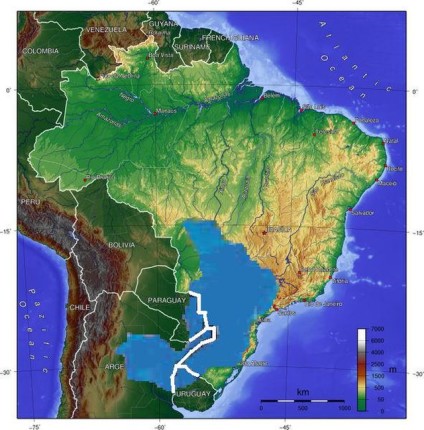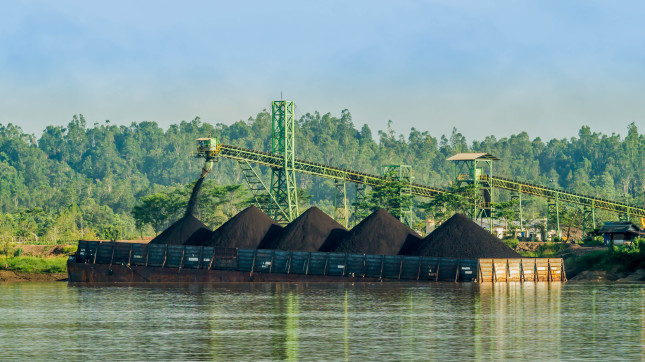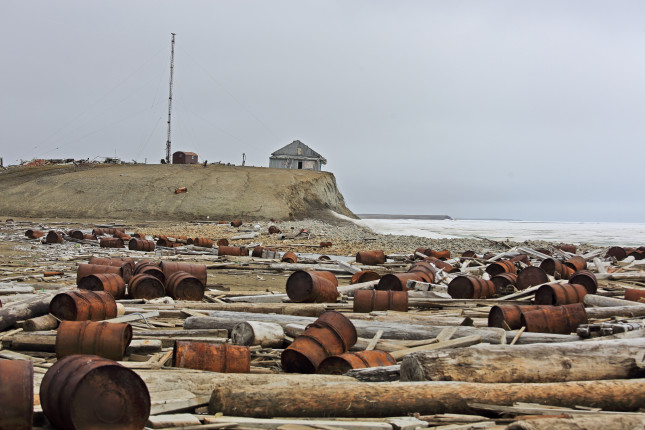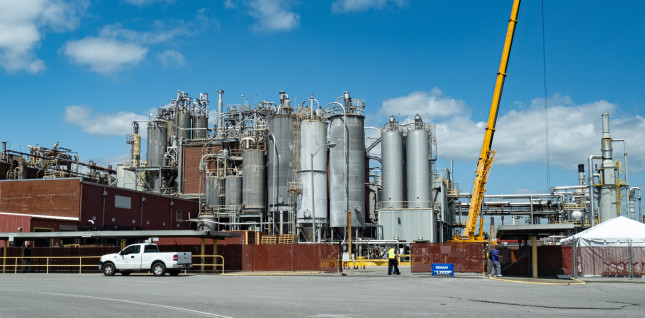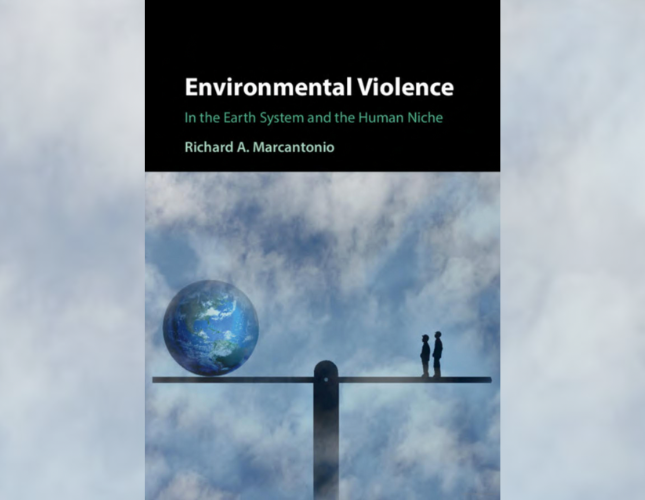-
“Radioactive Fish” and Geopolitics: Economic Coercion and China-Japan Relations
›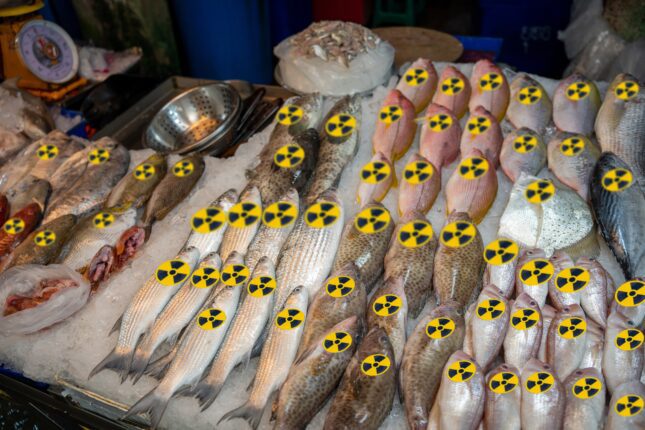
On the same day Japan began wastewater releases from the Fukushima nuclear power plant in late August 2023, the website of China’s customs agency announced the country would “completely suspend the import of aquatic products originating from Japan.”
-
Water Cooperation and Scientific Networks: A Work of Passion
›
Groundwater is relied upon for roughly half of global drinking water. And as climate change alters precipitation patterns and pollution of surface water continues to increase, our collective dependence on groundwater is likely to increase.
Getting ahead of the potential conflicts, or in some cases, catching up with them, requires an increase in effective groundwater cooperation and diplomacy. Yet the vast majority of transboundary aquifers exist without any form of agreement among the states that share them. This state of affairs leaves the aquifers—and the people who rely upon them—vulnerable to overexploitation, environmental degradation, and the risk of interstate conflict.
-
PFAS ‘Forever Chemicals’ Harming Wildlife the World Over: Study
›
This article, by Sharon Guynup, originally appeared on Mongabay.
In Hawaii and elsewhere in the North Pacific, few hatchlings are emerging from the nests of endangered hawksbill and green sea turtles. In Wisconsin, some tree swallows have failed to produce offspring. In California, infectious diseases are now more common in southern sea otters. In Michigan, bluegills are swimming slower. In the Arctic, some hooded seals and their pups have thyroid problems. And in North Carolina’s Cape Fear River, American alligators have been found with lesions and unhealed, infected wounds.
-
China’s Belt and Road Initiative: Powering a Low or High Carbon Future?
›China Environment Forum // Guest Contributor // Vulnerable Deltas // September 28, 2023 // By Chuyu LiuChina’s Belt and Road Initiative (BRI) can significantly affect the country’s domestic and overseas energy transition and decarbonization agenda. Electricity projects in China’s BRI investments, contrary to popular impressions of being part of a monolithic “project of the century,” have divergent implications for the host country’s shift away from coal-based power plants.
-
Solving Municipal Solid Waste Management Challenges in Arctic Cities
›
The Arctic was once untouched and pristine. However, over the years, the polar environment has experienced ecological damage caused by extensive resource exploration, military activities, and contamination from sources originating outside of the region. The extent and implications of the human-induced pollution legacy are still awaiting comprehensive estimation, measures, and solutions.
-
A U.S. Nonprofit Aims to Reduce Emissions of a Super Climate Pollutant from Chemical Plants in China
›A new initiative by the Climate Action Reserve, a nonprofit organization based in Los Angeles, could play a significant role in curbing emissions of a potent climate pollutant from chemical plants in China while filling a gap in international climate agreements and China’s environmental regulations.
-
Environmental Management: A Critical Tool for Environmental Peacebuilding
›
On July 28, 2022 the United Nations General Assembly (UNGA) voted—by a count of 161 in favor, with 8 abstentions — that living in a clean, healthy, and sustainable environment is a human right. Building on the similar declaration by the UN Human Rights Council in October 2021, the UNGA has now reinforced the notion that the growing assaults on human health through environmental hazards are transgressions against the basic rights and freedoms of people.
-
Fighting the Flood of Nurdles: Texas Fisherwoman takes on Taiwan Plastic Company
›Over decades, billions of small lentil-sized plastic pellets, called nurdles, flooded out of the wastewater pipes of Formosa Plastic’s plant in Calhoun Texas into the Gulf of Mexico. For decades, Diane Wilson, a fourth-generation fisherwoman in a rural fishing town called Seadrift, has been tracking and collecting data on the company’s nurdle pollution. In 2019, after three years of constant sampling, she and her scrappy volunteers won a dramatic legal victory with a consent decree mandating 50 million in penalties for past pollution and fines if they do not clean up previous pollution or maintain zero discharge of plastic.
Showing posts from category pollution.


